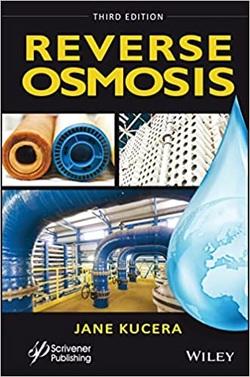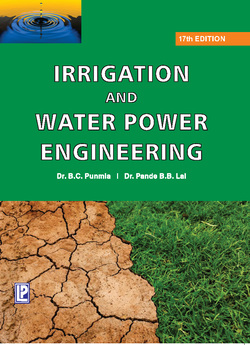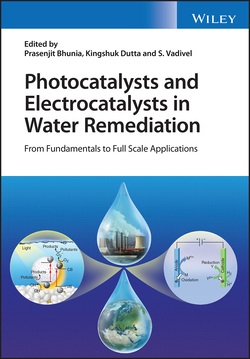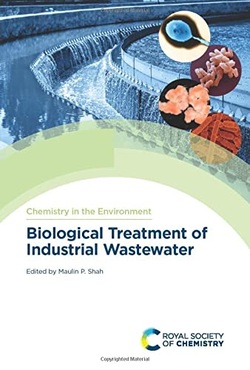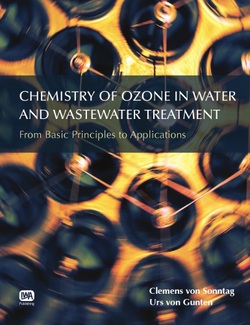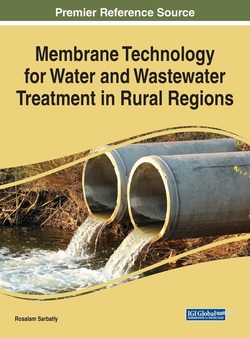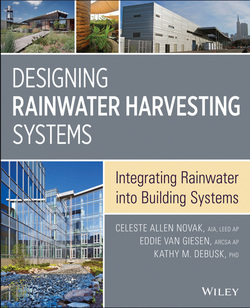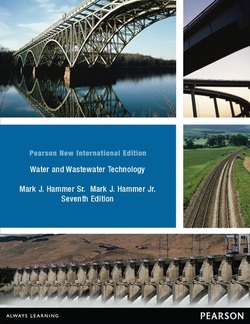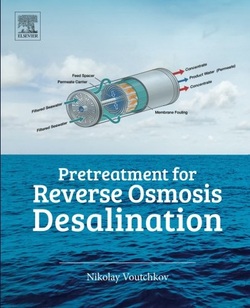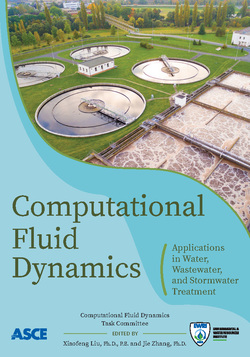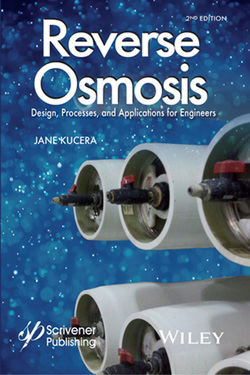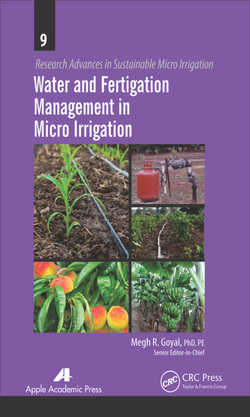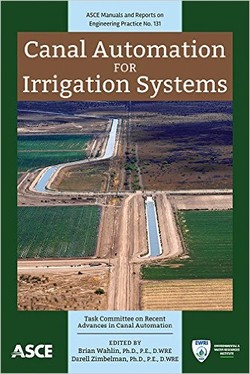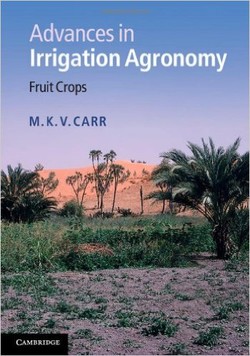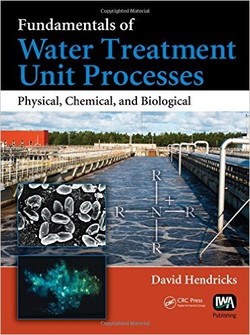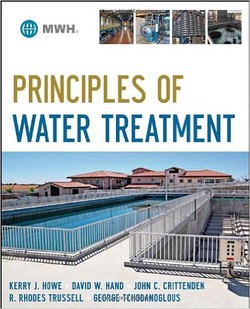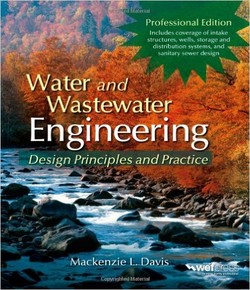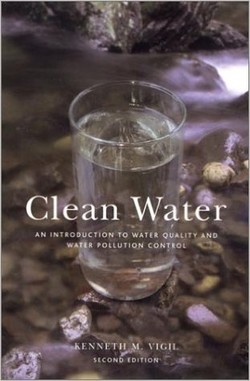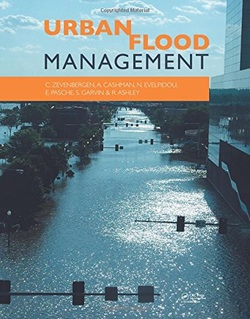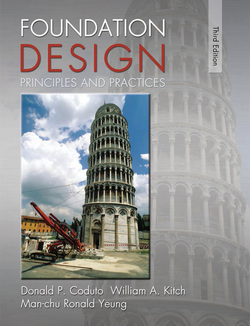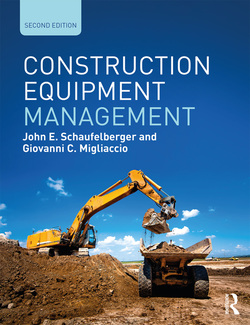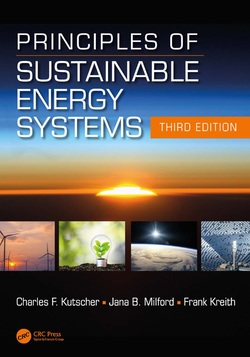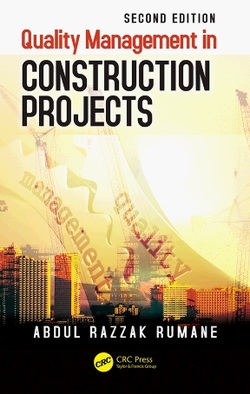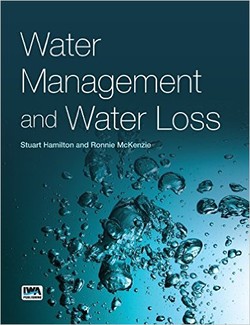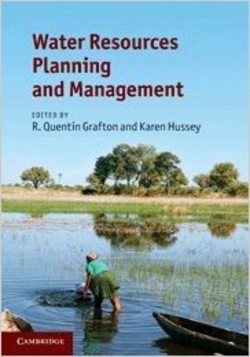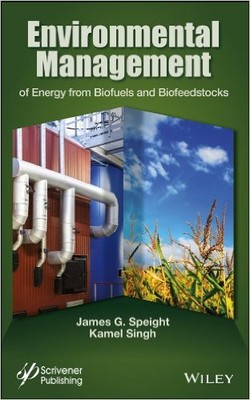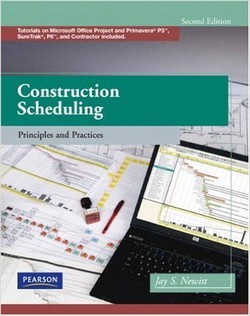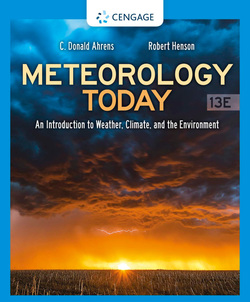مدیریت فاضلاب برای آبیاری
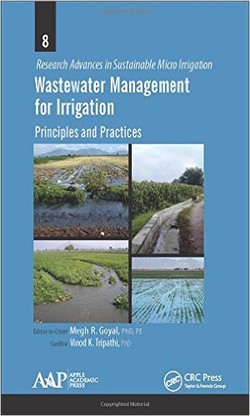
استفاده مجدد از فاضلاب در آبیاری بهتازگی برای حل مشکلات کمبود آب در بخش کشاورزی بهوجود آمده است. مدیریت آب، خاک، محصول و روشهای عملیاتی، ازجمله اقدامات احتیاطی برای محافظت از کارگران مزرعه، نقش مهمی در پساب فاضلاب برای آبیاری ایفا میکند.
این کتاب مهم بر استفاده از فاضلاب بهعنوان منبعی باارزش برای مقاصد آبیاری میکرو کشاورزی تمرکز دارد، همچنین شیوههای مدیریت مؤثر فاضلاب در انواع شرایط آب و هوایی، ازجمله مناطق نیمهخشک و غیره، نحوه ارزیابی مؤثر جهت سنجش کیفیت آب در گیاهان، ازجمله سیبزمینی، ذرت و بادمجان و هزینه و سود استفاده از فاضلاب را تحت پوشش قرار میدهد. این متن منشاء فاضلاب برای آبیاری و مشکلات همراه با چالشها، همچون کیفیت آب، انسداد، کیفیت خاک و غیره را مورد بررسی قرار میدهد.
این کتاب راهنما مرجعی ارزشمند برای حرفهایها در زمینه مهندسی زیستی و عمران، باغبانی، علوم خاک و محصول، زراعت و همچنین فارغالتحصیلان و دانشجویان مقطع کارشناسی در رشتهها مرتبط و حرفهایهای مشغول به کار در زمینه آبیاری میکرو/مدیریت آب و فاضلاب میباشد.
این کتاب مهم بر استفاده از فاضلاب بهعنوان منبعی باارزش برای مقاصد آبیاری میکرو کشاورزی تمرکز دارد، همچنین شیوههای مدیریت مؤثر فاضلاب در انواع شرایط آب و هوایی، ازجمله مناطق نیمهخشک و غیره، نحوه ارزیابی مؤثر جهت سنجش کیفیت آب در گیاهان، ازجمله سیبزمینی، ذرت و بادمجان و هزینه و سود استفاده از فاضلاب را تحت پوشش قرار میدهد. این متن منشاء فاضلاب برای آبیاری و مشکلات همراه با چالشها، همچون کیفیت آب، انسداد، کیفیت خاک و غیره را مورد بررسی قرار میدهد.
این کتاب راهنما مرجعی ارزشمند برای حرفهایها در زمینه مهندسی زیستی و عمران، باغبانی، علوم خاک و محصول، زراعت و همچنین فارغالتحصیلان و دانشجویان مقطع کارشناسی در رشتهها مرتبط و حرفهایهای مشغول به کار در زمینه آبیاری میکرو/مدیریت آب و فاضلاب میباشد.
سال انتشار: 2015 | 462 صفحه | حجم فایل: 9 مگابایت | زبان: انگلیسی
Wastewater Management for Irrigation: Principles and Practices (Research Advances in Sustainable Micro Irrigation)
نویسنده
Megh R. Goyal
ناشر
Apple Academic Press
ISBN10:
1771881208
ISBN13:
9781771881203
قیمت: 16000 تومان
برچسبها: آبیاری تصفیه آب و فاضلاب مدیریت آب
The reuse of wastewater in irrigation is being practiced only recently to solve water scarcity problems in agriculture. Management of water, soil, crop, and operational procedures, including precautions to protect farm workers, play an important role in the successful use of sewage effluent for irrigation. Appropriate water management practices must be followed to prevent salinization. If salt is not flushed out of the root zone by leaching and removed from the soil by effective drainage, salinity problems can build up rapidly. Leaching and drainage are, thus, two important water management practices to avoid salinization of soils. One of the options that may be available to farmers is the blending of treated sewage with conventional sources of water to obtain a blended water of acceptable salinity level.
This important book focuses on the use of wastewater as a valuable resource for agricultural micro irrigation purposes. It covers effective wastewater management practices in a variety of climates, including semi-arid regions and others; how to perform effective evaluations to gauge the quality of the water on plants, including potatoes, maize, and eggplant; and the cost–benefit of using wastewater. It addresses the sources of wastewater for irrigation and the problems along with challenges, including water quality, clogging, soil quality, and more.
The mission of this compendium is to serve as a reference manual for professionals in biological and civil engineering, horticulture, soil and crop science, and agronomy, as well as for graduate and undergraduate students in related fields. It will be a valuable reference for professionals who work with micro irrigation/wastewater and water management, for technical agricultural centers, irrigation centers, agricultural extension services, and other agencies that work with micro irrigation programs.
